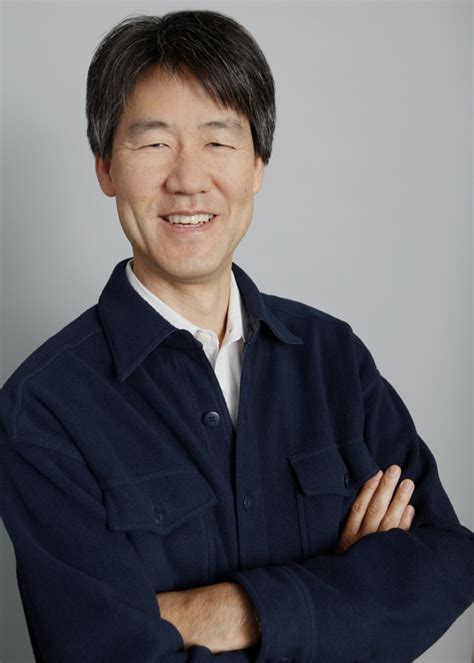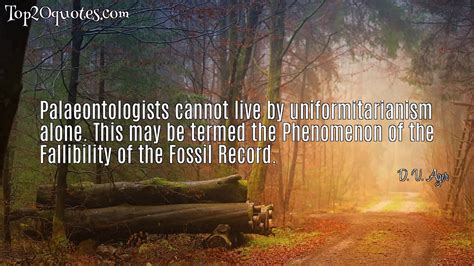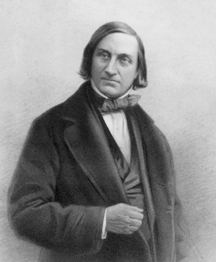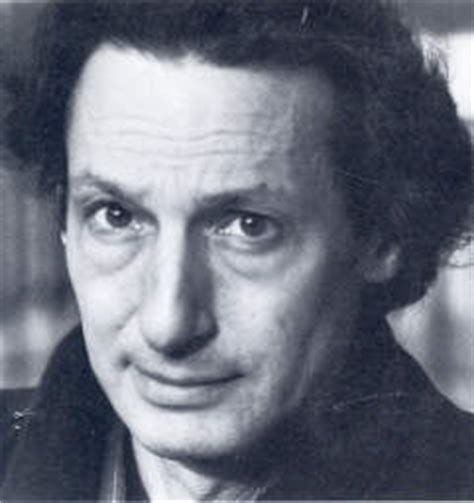A Quote by T. S. Eliot
History may be servitude. History may be freedom. See, now they vanish. The faces and places, with the self which, as it could, loved them, to become renewed, transfigured, in another pattern.
Related Quotes
At this point in history when all things which concern man and the structure and elements of history itself are suddenly revealed to us in a new light, it behooves us in our scientific thinking to become masters of the situation, for it is not inconceivable that sooner than we suspect, as has often been the case before in history, this vision may disappear, the opportunity may be lost, and the world will once again present a static, uniform, and inflexible countenance.
What would be the nicest thing I could say about Newt Gingrich? He may be one of the great supporters of the humanities, because you have people who don't want to study the social sciences, because it's not profitable, and now Newt, as the highest-paid historian in American history, may be an encouragement to people to study history.
Very strange bridges are used to make the passage from one state of things to another; we may lose sight of them in our surveys of general history, but their discovery is the glory of historical research. History is not the study of origins; rather it is the analysis of all the mediations by which the past was turned into our present.
Fiction and nonfiction are not so easily divided. Fiction may not be real, but it's true; it goes beyond the garland of facts to get to emotional and psychological truths. As for nonfiction, for history, it may be real, but its truth is slippery, hard to access, with no fixed meaning bolted to it. If history doesn't become story, it dies to everyone except the historian.
The reason for teaching history is not that it changes society, but that it changes pupils; it changes what they see in the world, and how they see it.... To say someone has learnt history is to say something very wide ranging about the way in which he or she is likely to make sense of the world. History offers a way of seeing almost any substantive issue in human affairs, subject to certain procedures and standards, whatever feelings one may have.
In the preface to his great History of Europe, H. A. L. Fisher wrote: "Men wiser than and more learned than I have discerned in history a plot, a rhythm, a predetermined pattern. These harmonies are concealed from me. I can see only one emergency following upon another as wave follows upon wave ..." It seems to me that the same is true of the much older [geological stratigraphical] history of Europe.
Historians constantly rewrite history, reinterpreting (reorganizing) the records of the past. So, too, when the brain's coherent responses become part of a memory, they are organized anew as part of the structure of consciousness. What makes them memories is that they become part of that structure and thus form part of the sense of self; my sense of self derives from a certainty that my experiences refer back to me, the individual who is having them. Hence the sense of the past, of history, of memory, is in part the creation of the self.







































